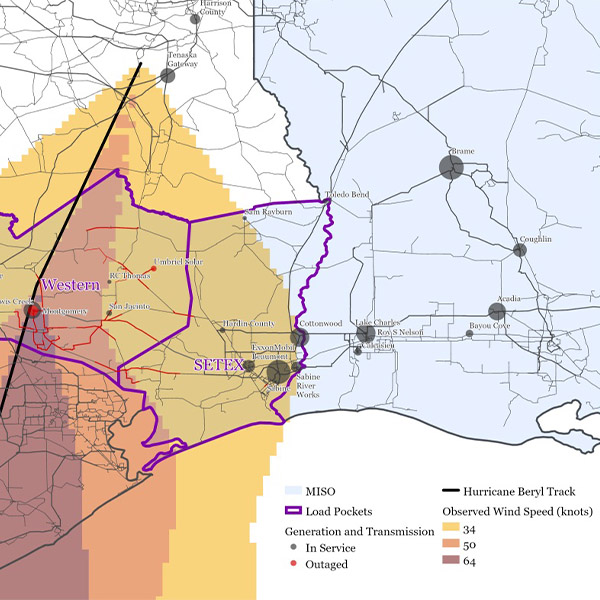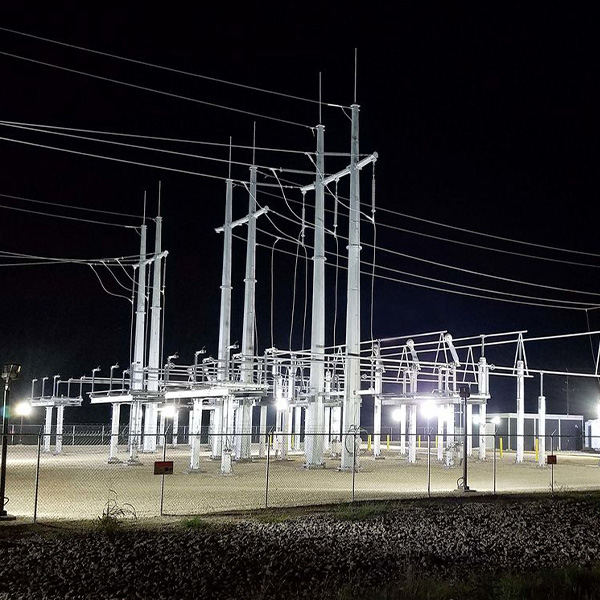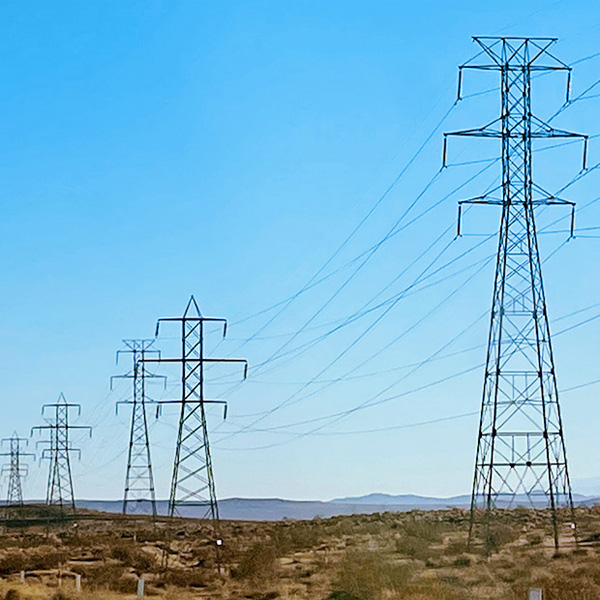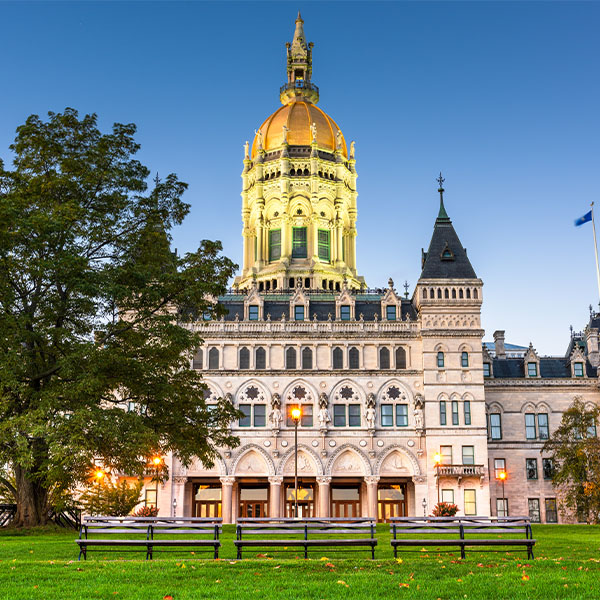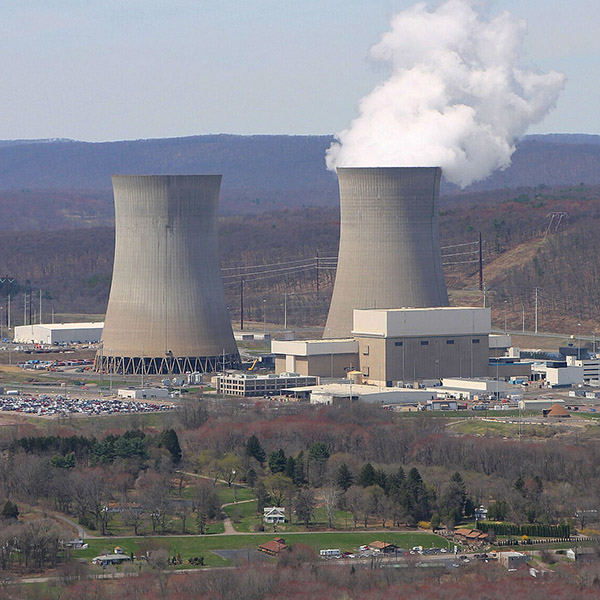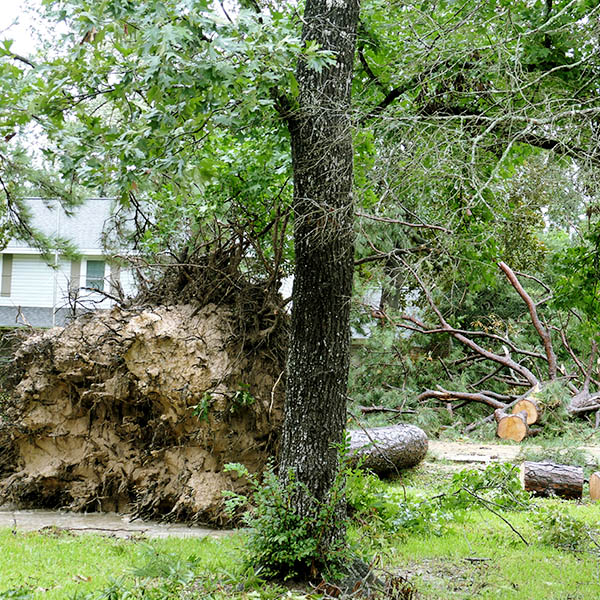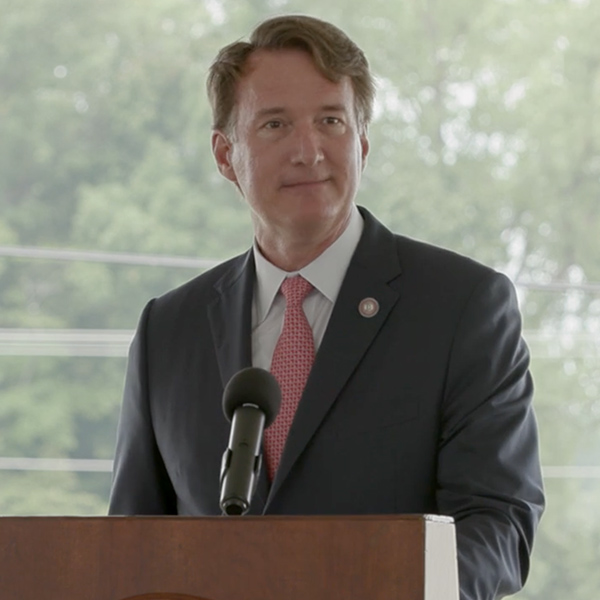Public Policy
Environmental RegulationsReliabilityState & RegionalAlabamaAlaskaArizonaArkansasCaliforniaColoradoConnecticutDelawareDistrict of ColumbiaFloridaGeorgiaHawaiiIdahoIllinoisIndianaIowaKansasKentuckyLouisianaMaineManitobaMarylandMassachusettsMichiganMinnesotaMississippiMissouriMontanaNebraskaNevadaNew HampshireNew JerseyNew MexicoNew YorkNorth CarolinaNorth DakotaOhioOklahomaOntarioOregonPennsylvaniaRhode IslandRTO-IndianaSouth CarolinaSouth DakotaTennesseeTexasUtahVermontVirginiaWashingtonWest VirginiaWisconsinWyoming
MISO said damage wrought from Hurricane Beryl triggered an overnight electrical island in a Southeastern Texas load pocket.
Panelists at a forum convened by the Massachusetts Executive Office of Federal and Regional Energy Affairs said advanced transmission technologies will be essential to limiting transmission costs.
The NEPOOL Reliability Committee voted to support new data collection standards for distributed energy resources, and ISO-NE outlined potential changes to planning procedures and the affected system operator process.
Clean energy nonprofits continued to try to persuade Entergy and MISO South state commissioners to embrace a broader view of cost allocation for an upcoming long-range transmission portfolio the RTO intends for the subregion.
California regulators are overhauling rules regarding the permitting of transmission projects, and one proposal suggests creating a shortcut for projects already approved in a CAISO transmission plan.
The ongoing feud between Connecticut utilities and their regulators has spilled over into the state's efforts to implement performance-based regulation for its electric utilities.
The NYISO Transmission Planning Advisory Subcommittee criticized an ISO proposal to include CEII protection requirements.
Talen Energy’s deal to carve out capacity from its Susquehanna Nuclear Plant to serve a growing data center on its site drew protests at FERC from other parties who argued the deal and others like it could shift costs and threaten reliability.
Transmission providers say Hurricane Beryl’s high winds deep inland in a heavily-wooded region led to significant customer outages that will last more than a week after the storm’s landfall.
Dominion Energy Virginia issued a request for proposals from developers to build a small modular reactor at its existing North Anna nuclear plant.
Want more? Advanced Search
